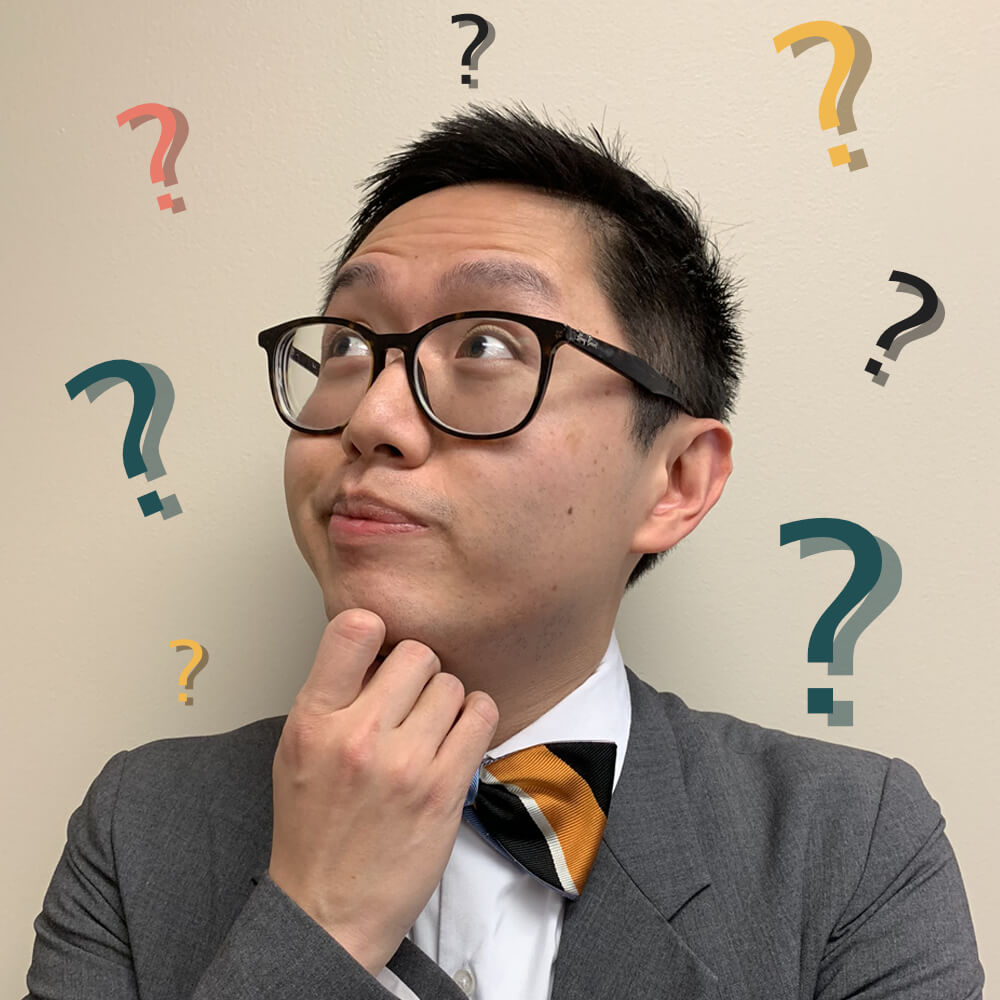
You might be familiar with the terms “id,” “Ego” and “Superego”. It is the foundation of Sigmund Freud’s theory on the subconscious. Freud believed that there is a subconscious dynamic that is the true motivation for why we do what we do.
The Id represents our deepest most primitive desires, mostly biological in nature. This is our desire to eat, our desire for sex, the desire to live. This is at the core of what we want as living, breathing, animals.
Let’s do the Superego before the Ego (You’ll see why). The Superego is our conscience. It represents the values and morals of society that we’ve adopted, often at times from our parents and others.
Finally, the Ego is the part of us that mediates between the Id and the Superego (makes sense why this went last?). The Id can be very selfish and if left alone, it would act impulsively without care for consequences. The Ego recognizes what the Id wants and tries to do it in a Superego approved way. If the Id is satisfied and the Superego is satisfied, then we have a happy human.
That’s Freud’s theory in a nutshell. Is it true? Freud has been discredited in a few of his theories but the overall structure of the Id (what we want), the Ego (how to get it), and the Superego (what is acceptable) remains useful.
Where does Religion fit into this? On the surface, we would rightly point out that Religion seems to be weaved into the Superego. Religion represents the values and morals of society.
However, there may be a more complex dynamic going on. It is true that Religion represents our morals and values. But, if the Ego mediates between what we want and what is acceptable, it may be possible that the Ego can warp interpretations of morals and values to satisfy the Id. If this happens, we only have the appearance of virtue when in actuality, we’re just satisfying biological desires regardless of consequences. Another word for this is “hypocrisy”. Do we find hypocrisy in the history of Religion?
Notice how Religious practices often battle against biology in the form of fasting, abstinence, celibacy, etc. We recognized early on that there is a conflict between our core biological needs (the Id) and the nature of an idealized version of the world (the Superego). The stoics and ascetics are a huge part of religious history.
So what do you do with this? The Id, Ego, Superego framework is helpful to separate out your personal desires and goals with that of society. With reflection, mediation, and/or prayer, you can learn more about yourself versus what is society. From there, you can make the choice of who want to become. But that’s probably better discussed another day.
To learn more about the Id, Ego, and Superego, check out:
Id, Ego and Superego and Religiosity…not what you think

Chez Eric Media